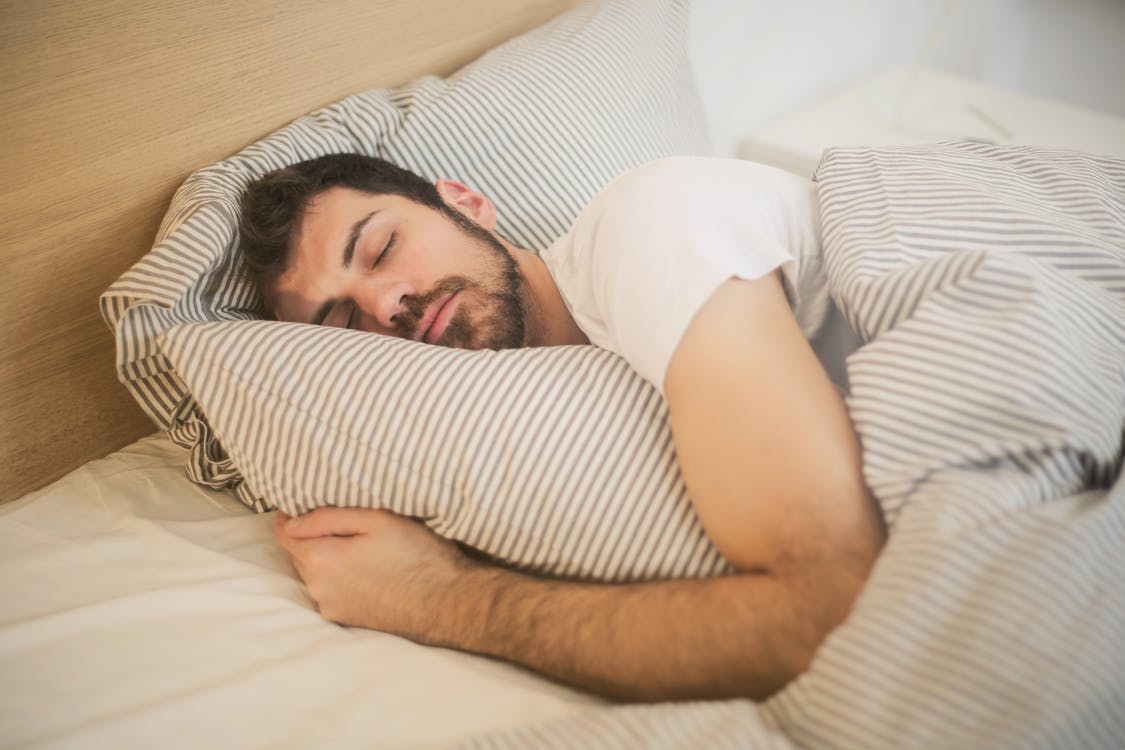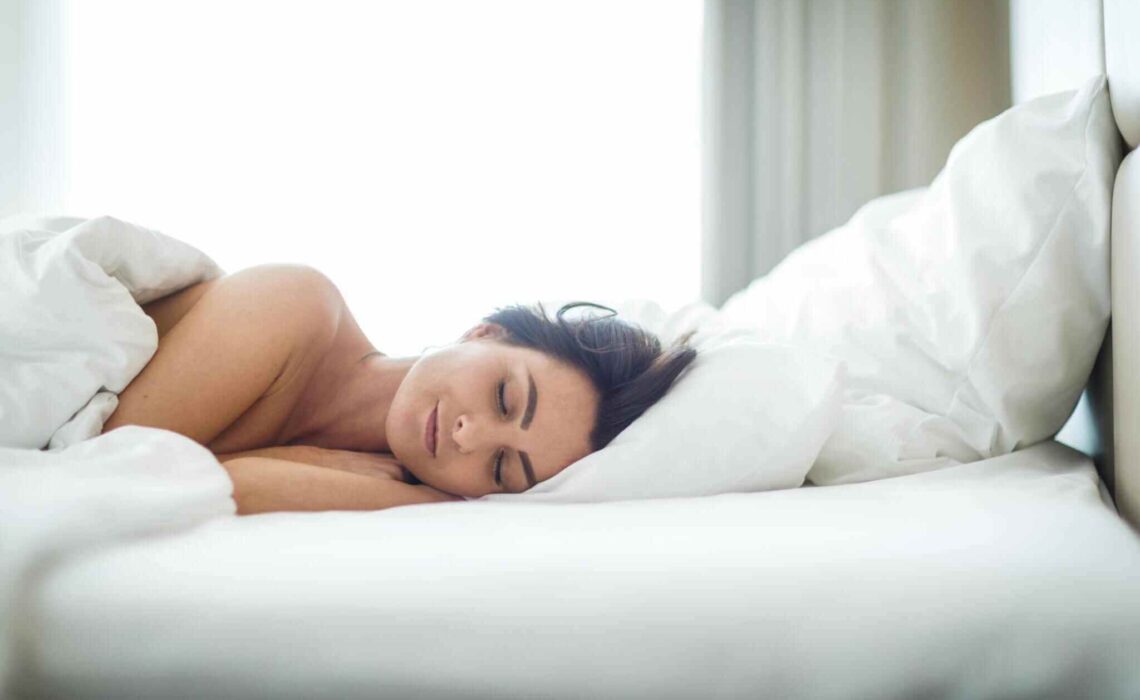In the dynamic city of Beverly Hills, where luxury and elegance intertwine, the pursuit of a good night’s sleep takes on a whole new significance. It is the elixir of life and is essential for your overall well-being. It’s the time when your body repairs, rejuvenates, and recharges for the day ahead. Hormones play a crucial role in regulating your sleep patterns and quality.
This article will delve into the intricate relationship between hormones and sleep and also touch upon how hormone replacement therapy Beverly Hills might be considered in managing sleep disturbances.
1. The Sleep-Wake Cycle
Table of Contents
Human bodies follow a circadian rhythm, a natural internal clock that regulates the sleep-wake cycle. This rhythm is controlled by a part of the brain called the suprachiasmatic nucleus (SCN). The SCN receives signals from the environment, such as light and darkness, and sends out signals to other parts of the brain that control hormone production, body temperature, and other functions.
2. Melatonin – The Sleep Hormone
One of the key hormones involved in regulating sleep is melatonin. Melatonin is produced by the pineal gland in response to darkness and helps signal to your body that it’s time to sleep. As the evening sets in and the world gets darker, melatonin levels rise, making you feel sleepy. Conversely, when the morning sun rises, melatonin production decreases, helping you wake up feeling refreshed.
3. Cortisol – The Wakefulness Hormonef
On the flip side, cortisol, often referred to as the stress hormone, plays a crucial role in keeping you awake and alert during the day. Cortisol levels are typically highest in the morning, helping you rise and shine, and gradually decrease as the day progresses. This decline in cortisol levels in the evening paves the way for melatonin to take over and induce sleep.
4. The Role of Estrogen
For women, hormonal fluctuations during the menstrual cycle, pregnancy, and menopause can significantly impact sleep. Estrogen, one of the primary female sex hormones, plays a role in regulating the sleep-wake cycle. Changes in estrogen levels can lead to insomnia, night sweats, and other sleep disturbances. During menopause, when estrogen levels decline, many women experience sleep problems. Hormone Replacement Therapy (HRT), which involves replacing estrogen and sometimes progestin, can help manage these sleep disturbances by restoring hormonal balance.
5. Testosterone and Sleep Quality
While often associated with men, testosterone is also present in smaller amounts in women and plays a role in sleep quality. Low testosterone levels in both men and women can lead to disrupted sleep patterns, reduced REM sleep, and an overall decrease in sleep quality. Sleep disorders like sleep apnea can further exacerbate low testosterone levels. Addressing underlying hormonal imbalances, if present, can improve sleep quality and overall well-being.
6. Thyroid Hormones and Sleep
Thyroid hormones, which regulate metabolism, can also influence sleep. An overactive thyroid (hyperthyroidism) can lead to insomnia and restless sleep, while an underactive thyroid (hypothyroidism) can cause excessive sleepiness and fatigue. Proper management of thyroid hormone levels through medication can help restore healthy sleep patterns.
7. Hormone Replacement Therapy
Hormone Replacement Therapy is a medical treatment that can be considered for individuals experiencing sleep disturbances due to hormonal imbalances, especially during menopause or andropause (the male equivalent of menopause). It involves the administration of hormones like estrogen, progesterone, or testosterone to restore hormonal balance.
For menopausal women, hormone replacement therapy in Beverly Hills can alleviate hot flashes, night sweats, and mood swings, ultimately improving sleep quality. However, it’s essential to discuss the potential risks and benefits of HRT with a healthcare provider, as there can be side effects and associated health risks.
They may recommend the best menopause supplement to promote hormonal balance and reduce symptoms such as hot flashes, night sweats, and mood swings while improving sleep quality.
For men with low testosterone levels, testosterone replacement therapy can enhance sleep quality, energy levels, and overall well-being. Again, it’s crucial to consult with a healthcare professional to determine if HRT is an appropriate option and to monitor hormone levels during treatment.
8. Lifestyle Factors and Sleep

While hormones play a significant role in sleep regulation, it’s important to remember that lifestyle factors also have a profound impact on sleep quality. Maintaining a regular sleep schedule, creating a comfortable sleep environment, and practicing relaxation techniques can all contribute to better sleep. Additionally, avoiding caffeine, alcohol, and electronic devices before bedtime can help improve sleep hygiene.
Conclusion
In conclusion, hormones are intricate players in the symphony of sleep. Melatonin, cortisol, estrogen, testosterone, and thyroid hormones all contribute to the delicate balance of the sleep-wake cycle. When these hormones are out of sync, sleep disturbances can occur, affecting overall well-being.
For those struggling with sleep disturbances related to hormonal imbalances, Hormone Replacement Therapy can be a viable option to restore balance and improve sleep quality. However, it’s essential to consult with a healthcare provider to determine the most suitable treatment plan and address any potential risks.
Ultimately, understanding the connection between hormones and sleep can empower individuals to take control of their sleep patterns and prioritize a good night’s rest for a healthier, happier life. So, the next time you lay your head on the pillow, remember that hormones are quietly working behind the scenes to ensure you get the restorative sleep you deserve.
- How To Provide Support For Someone Trying To Quit Drugs - April 13, 2024
- Unlocking Optimal Wellness: Exploring The Impact Of Gut Health - March 23, 2024
- Innovative Solutions: The Critical Role Of Compound Medications In Healthcare Delivery - March 17, 2024





No Comments